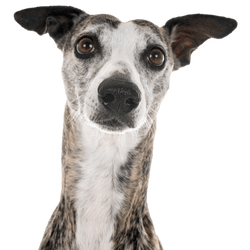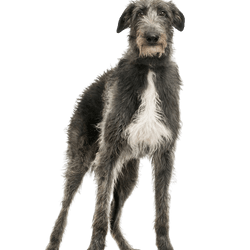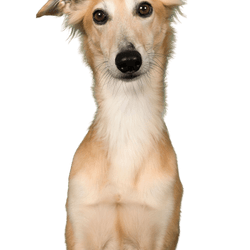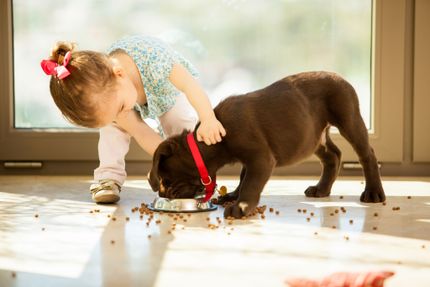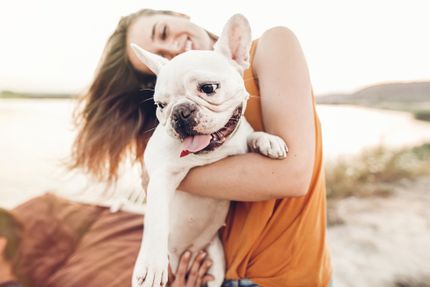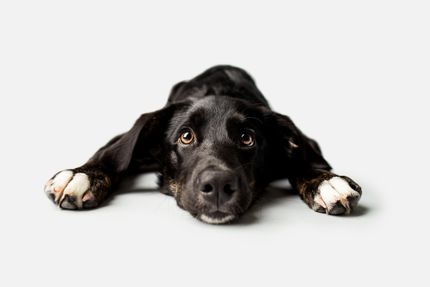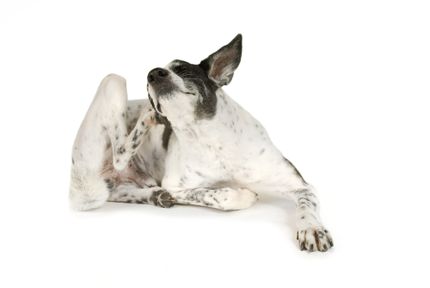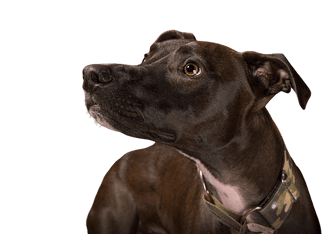
Lurcher:Greyhound and Scottish deerhound Mix
Lurcher
Facts & Origin
The Lurcher is considered the hunting and family dog of the "travelling people" in Great Britain and Ireland.
The origin of the Lurcher
In the British and Irish Isles, the travelling people are referred to as "Gypsy" and "Tinker". These people had been engaged in tinkering or doing minor unskilled work for centuries. The "gypsies" were as unpopular on the islands as they were on the mainland. To survive, people had to steal and poach.
For hunting hares and small game, they bred themselves a very special dog - the Lurcher. "Lurch" means as much as thief. Typical is the crossbreeding of sighthound breeds like the Greyhound, Whippet and Deerhound. Regionally, Collie, Border Collie and other practical dogs were also brought in. The traveling people fashioned the dog as they needed it and used animals that were available.
The breed characteristics of the Lurcher
Condition for a "Lurcher" was always a sighthound-like parent animal and another dog breed. Crosses from two sighthounds were called "Longdog".
That was it with the breed standards. The FCI did not recognize this dog breed, which was considered a "hybrid".
- Hunting dog of the travelling people
- Crossbreed of sighthounds and other
- Hybrid breed without official recognition
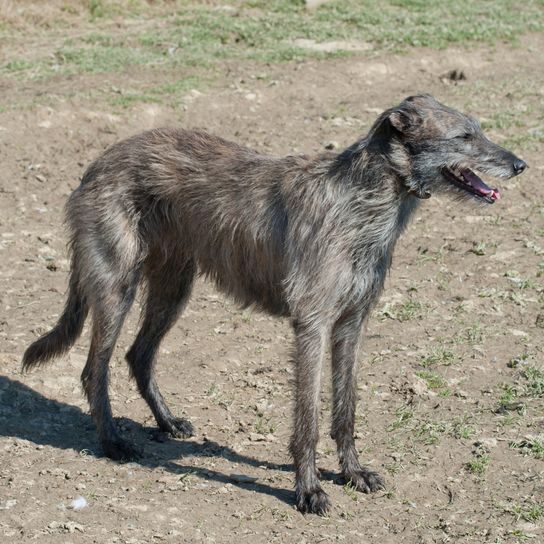
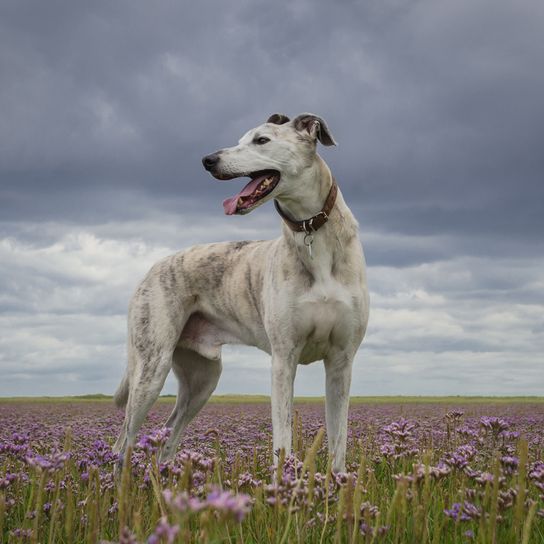
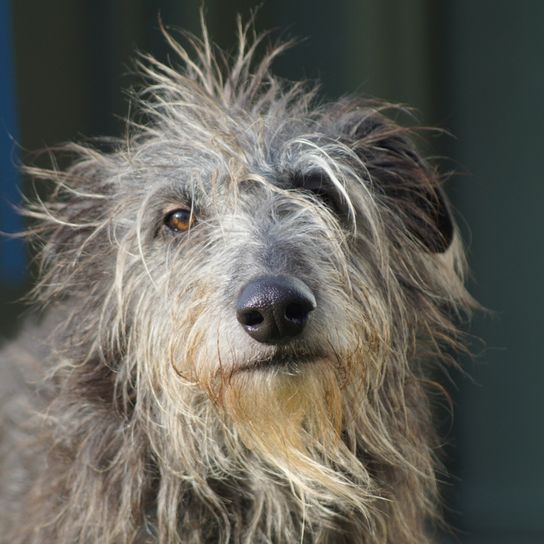
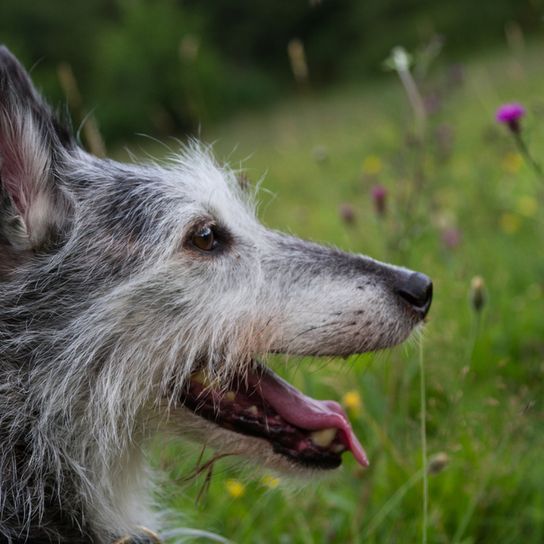
| Alternate Name | - |
| Origin | UK - Scotland |
| Life expectancy | 12 - 15 years |
| Care requirements | low-maintenance - high-maintenance |
| Activity level | high |
| FCI group | not recognised |
| AKC group | not recognised |
| KC group | not recognised |
More Silken Windsprite mixes
Attitude, character and temperament of the breed
Character traits and nature of the Lurcher
Lurchers are dogs that have been bred and used in a very unique way. The Gypsys and Tinkers still live very close to nature and train their animals mostly intuitively.
Lurchers were always used to live very close to and with their humans. They were a very normal and valued part of the community. Such an animal is affectionate and needs a lot of attention.
If you are looking for a buddy for life, are very sensitive and have a lot of time on your hands, then this dog could be for you.
It is considered easy to train, if you offer it a cooperative style. A pure command receiver and function dog it is certainly not. Since these animals can have a strong hunting instinct, they should only be in dog-experienced hands.
- very sensitive, affectionate and people friendly
- needs a lot of attention and love
- can have hunting instinct
Character
Usage
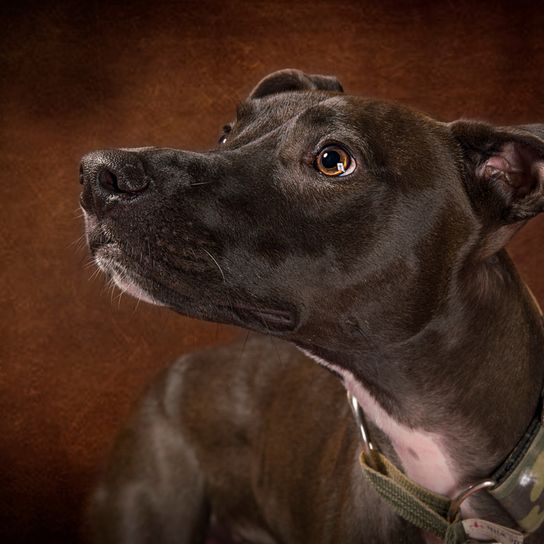

Health and breeding information
Breeding, acquisition and keeping of the Lurcher
Everybody can breed a Lurcher and call him so. If you want to have such a dog, you simply have to search in relevant portals.
Of course, Lurchers also end up on the streets, breed wildly or are abandoned. The organization Greyhound and Lurcher Rescue takes care of these dogs in Great Britain. Perhaps the organization mediates with serious interest also an animal to Germany.


Appearance and coat of the Lurcher
Typical for the Lurcher is the stature similar to the greyhound. Then it becomes colorful. Sometimes a Lurcher can show the shaggy coat of a Deerhound, sometimes it is smooth. Depending on what other dogs were involved in the creation, they may have longer hair on their face, a bib, or "pants".
All colors occur. The ears resemble mostly the small foldable ears of the greyhounds, but can also look completely different. The tail is similar.
- always similar to the greyhound
- otherwise with many special features
- all colours and coat types
Size, weight and life expectancy of the Lurcher
The height at withers should be about 76 cm. In terms of weight, a Lurcher will reach between 27 and 32 kg.
These dogs are considered very robust and can live for 12 or more years.
| Fur length | short - medium |
| Fur | flat coated - rough-haired |
| Ear shape | Tilt-ear - Triangle |
| Tail | lang |
| Anatomy | slim, rugged, sporty |
| Size ♀ | 60 - 70 cm |
| Weight ♀ | 25 - 30 kg |
| Size ♂ | 60 - 80 cm |
| Weight ♂ | 27 - 32 kg |
| Suitable For | - |
Colors
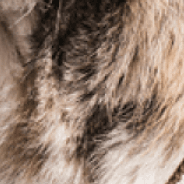



Known Diseases
Heart disease
Can occur frequently in dogs and can sometimes be treated with medication.
Bone Cancer
May occur with age.
Useful Articles
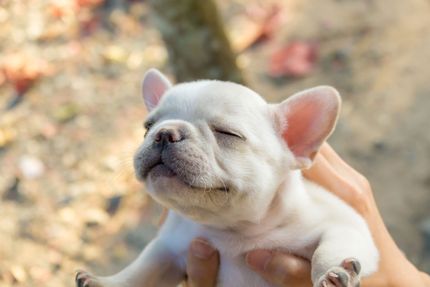
You can find articles that might interest you in the dogbible blog to match your favorite breed.
Visit our magazineto stay up to date on dog trends.
To find out more, view our Privacy Policy
Find here the breed that suits you and find out what character traits it has. Here you can also learn more about the origin, size and weight of your favorite breeds.
Matching your favorite breed, you'll find articles that might interest you on the dogbible dog blog.
With these 4 tips, your dog learns to "sit pretty"
Rabies in dogs - rabies vaccination and signs that your dog is affected
